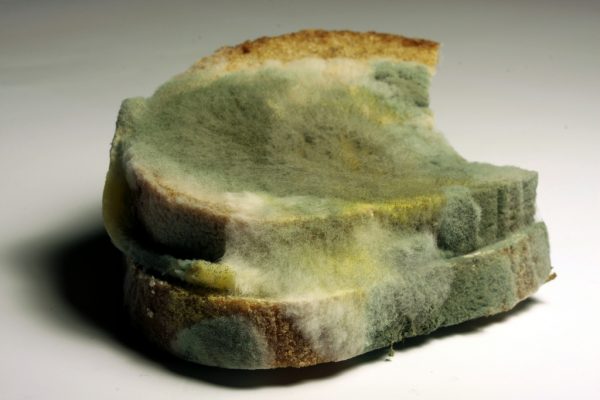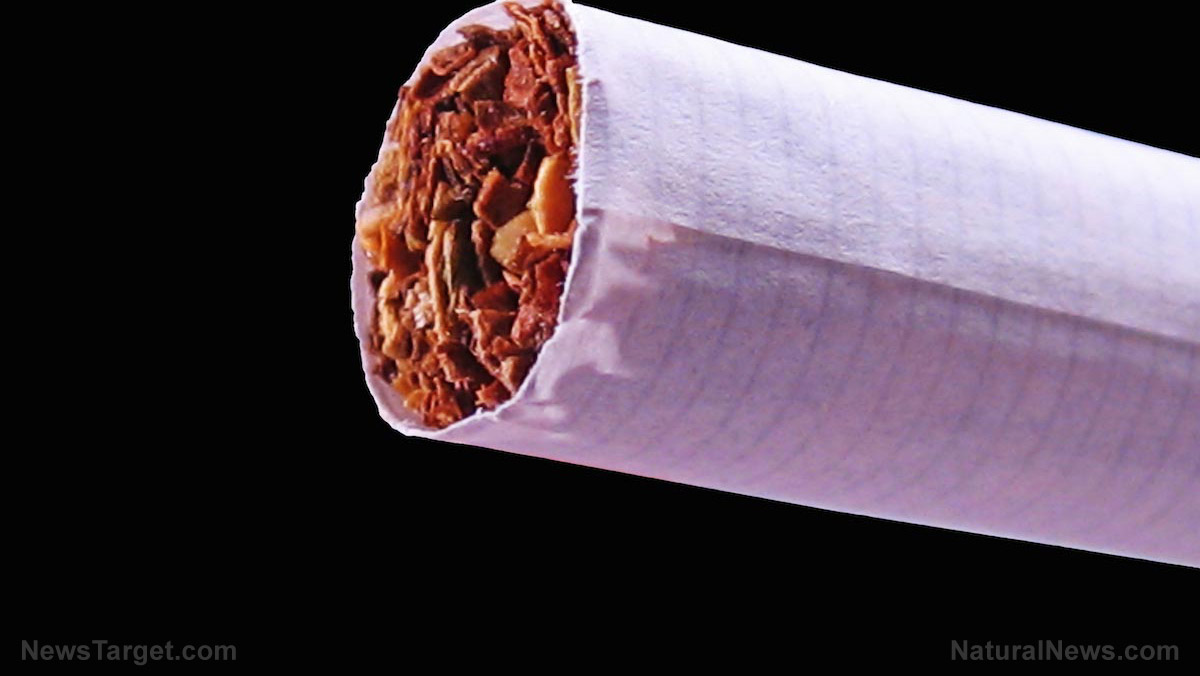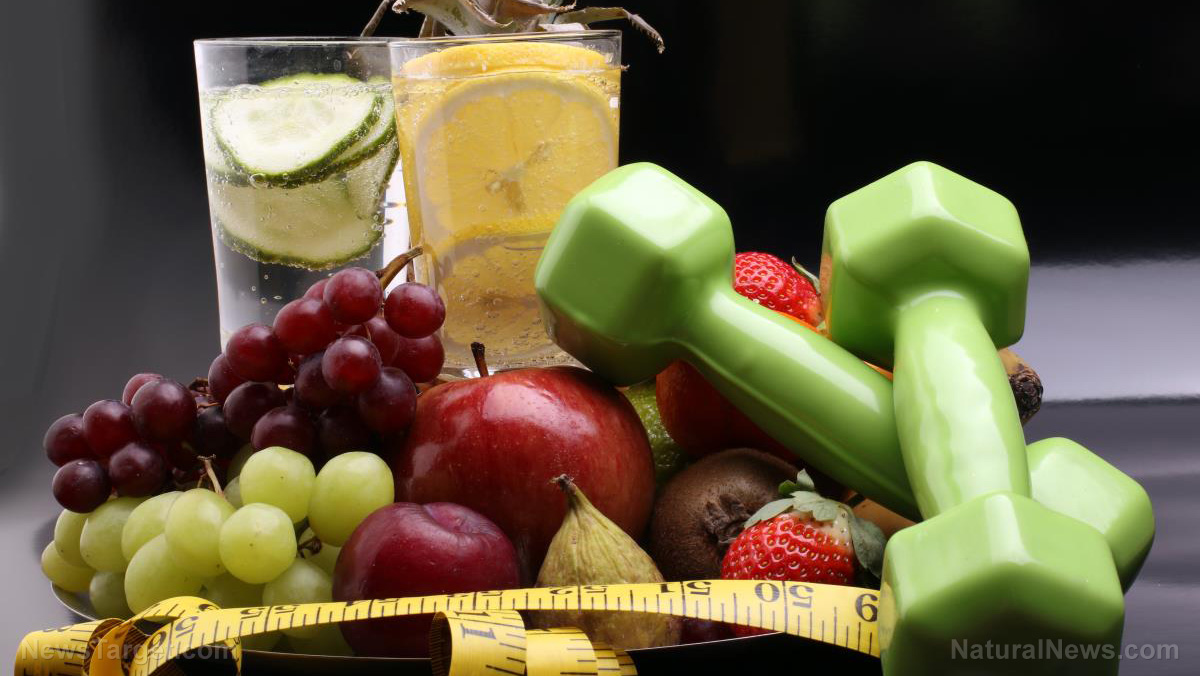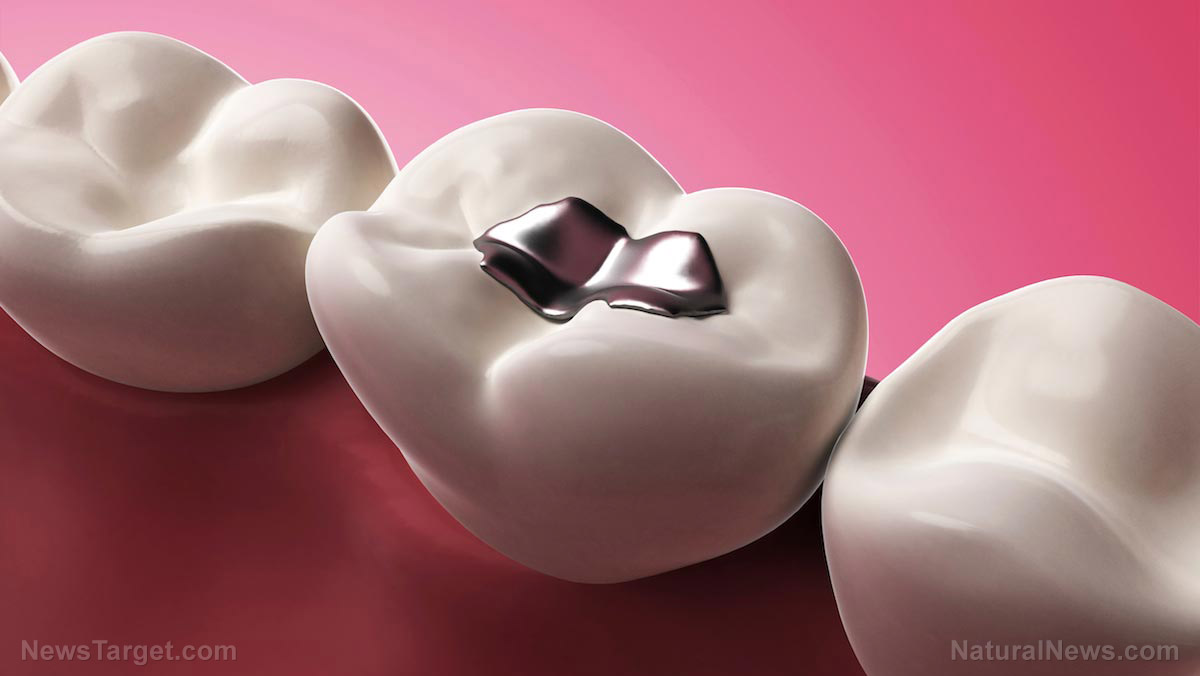 Parler
Parler Gab
Gab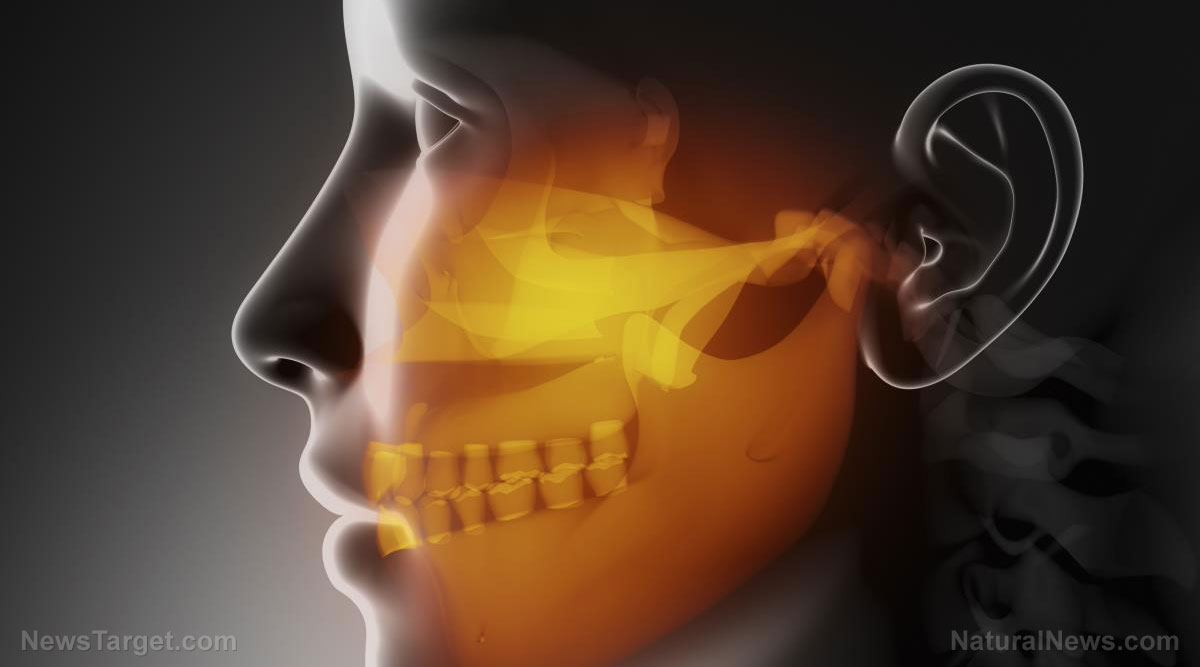
- Tooth loss is not a normal part of aging — it’s a warning sign. A study of 8,073 older adults found those who lost teeth rapidly faced a 33% higher risk of death, with each tooth lost per year increasing mortality risk by 4%. Tooth loss reflects deeper systemic inflammation and health decline.
- Your mouth mirrors your body’s health. Chronic inflammation that destroys gum and bone tissue also fuels heart disease, cancer, and accelerated aging. Nutrient deficiencies in vitamins D, K2, C, and magnesium weaken teeth and bones, while mercury fillings, root canals, and fluoride exposure can further burden the immune system.
- The real culprits behind tooth loss go beyond brushing. Processed foods, sugar, gut imbalance, nutrient deficiencies, and chronic stress all drive inflammation and weaken the body’s repair systems. Oral health problems are often symptoms of widespread biological dysfunction, not just local dental neglect.
- Holistic solutions can restore oral and overall health. Eating nutrient-rich whole foods, supplementing wisely with D3, K2, magnesium, and CoQ10, oil pulling, using non-toxic toothpaste, and consulting biological dentists for safe mercury removal or root canal alternatives can protect teeth — and extend life.
When Teeth Fall Out, It’s a Warning Sign — Not a Normal Part of Aging
A groundbreaking study published in BMC Geriatrics analyzed data from 8,073 older adults, aged 73 to 91, over 3.5 years. The results were striking. Individuals who lost teeth rapidly faced a 33% higher risk of death compared to those who maintained their teeth—regardless of how many they started with. Even more alarming, for every single tooth lost per year, mortality risk climbed by 4%, and those losing four or more teeth annually had dramatically higher death rates. This isn’t just about aesthetics or chewing difficulty—it’s a signal of underlying systemic decline. The findings align with global trends showing nearly 3.5 billion people suffer from oral disease, many unknowingly facing increased risks of heart disease, lung cancer, and pneumonia.The Hidden Truth Behind Tooth Loss
Traditional dentistry often blames poor brushing and infrequent dental visits. However, tooth loss is rarely just a local issue—it’s a visible sign of systemic breakdown. Chronic inflammation erodes the bone supporting your teeth, but it doesn’t stop there. The same inflammatory processes drive heart disease, blood vessel damage, and accelerated aging throughout the body. Elevated inflammatory markers, such as C-reactive protein (CRP), are consistently found in people with poor oral health. And while tooth loss itself worsens nutrition by making chewing more difficult, the real problem usually begins earlier—with nutrient deficiencies that weaken teeth and bone structure. Essential nutrients like vitamin D, vitamin K2, magnesium, and vitamin C are crucial for maintaining the integrity of teeth, gums, and bones. Without them, your mouth becomes the first area to reveal what’s breaking down inside. There’s more. Mercury fillings can release toxic vapors for decades, root canals can harbor bacteria that challenge your immune system, and fluoride accumulates in tissues, potentially harming bones and organs. Together, these factors create a toxic storm that silently undermines health.What’s Really Driving Tooth Loss
While brushing, avoiding smoking, and regular dental checkups help, they only scratch the surface. The deeper culprits lie in modern diet and lifestyle. Refined sugars, processed foods, and nutrient-depleted diets starve the body of the fat-soluble vitamins (A, D, and K2) and minerals it needs for dental and systemic health. Gut dysbiosis—an imbalance of bacteria in the intestines—also plays a critical role. The mouth and gut are directly connected; inflammation in one often mirrors inflammation in the other. Add chronic stress to the mix, and you have the perfect recipe for disaster. Stress suppresses immune function, increases inflammation, and impairs the body’s ability to repair tissues—all of which accelerate both tooth loss and systemic decline. Natural Ways to Rebuild Oral Health True healing starts with nourishing the body from within. Nutrient-dense foods such as grass-fed butter, organ meats, bone broth, egg yolks, wild-caught fish, and dark leafy greens provide the essential vitamins and minerals teeth require. Supplementation can help, too. Vitamin D3 with K2 directs calcium to the teeth and bones, not arteries. Magnesium builds bone density, vitamin C supports gum integrity, and CoQ10 fuels cellular energy. Simple daily practices also make a difference. Oil pulling with coconut or sesame oil can reduce harmful bacteria and inflammation. Avoid fluoride-laden or chemical toothpastes and opt for remineralizing formulas with xylitol, calcium, and essential oils like clove or tea tree. For those with mercury fillings or root canals, biological dentists offer safer approaches—such as mercury detoxification protocols and non-toxic tooth replacement options. Listen to the Warning Signs When teeth start falling out, it’s not just about oral health—it’s about survival. Rapid tooth loss often signals systemic inflammation, toxic overload, nutritional deficiency, and immune dysfunction. Ignoring these signs means ignoring your body’s cry for help. Your mouth is not separate from the rest of your body—it’s a mirror reflecting your internal state. As the study reveals, what happens in your gums and jawbones predicts your overall health trajectory. If you’re ready to understand and reverse the true causes of tooth decay and loss, the Holistic Oral Health Summit led by Jonathan Landsman brings together 33 top experts sharing natural, science-backed solutions. Learn how to detoxify safely, restore nutrients, eliminate chronic infections, and rebuild both your smile and your vitality—from the inside out. Tune your internet dial to NaturalMedicine.news for more tips on how to use natural remedies for preventative medicine and for healing, instead of succumbing to Big Pharma products that cause, spread, and exacerbate disease and disorder. Sources for this article include: BioMedCentral.com MedicalXpress.com NaturalNews.com NaturalHealth365.comExperts warn: Eating MOLDY food could be more dangerous than you think
By Patrick Lewis // Share
A legacy of lies: Smoking rates fall, but tobacco’s grip chokes health and economy
By Ava Grace // Share
Beyond digestion: How fiber fuels your body’s cellular powerhouses
By Patrick Lewis // Share
The hidden dangers in your mouth: How cavities and gum disease nearly double stroke risk
By Ava Grace // Share
Listening to your body: What bloating is really trying to tell you
By Patrick Lewis // Share
Governments continue to obscure COVID-19 vaccine data amid rising concerns over excess deaths
By patricklewis // Share
Tech giant Microsoft backs EXTINCTION with its support of carbon capture programs
By ramontomeydw // Share
Germany to resume arms exports to Israel despite repeated ceasefire violations
By isabelle // Share
